China Pakistan Economic Corridor to go through Afghanistan
The expansion of the China Pakistan Economic Corridor through Afghanistan has led to protests amid nationwide strikes against weak economic policies in India.
The China Pakistan Economic Corridor, the CPEC, is a reinforced bilateral partnership project meant to enhance bilateral, accelerate economic progress, and ensure sustainable development.
The CPEC was formally launched in 2015 at an estimated cost of 46 billion US dollars. It includes highways, railways, fiber optic networks, energy distribution networks, ports, and economic zones. The multibillion dollar project can connect the two countries through the disputed region of Kashmir and the strategically located areas of Afghanistan.
The China Pakistan Economic Corridor is a flagship project of Chinese President Xi Jinping and part of the Belt and Road initiative. The CPEC paves the way for further trade ties between China and Pakistan by modernizing pertinent energy and transportation systems, as well as establishing special economic zones.
The main focus of the Belt and Road (initiative) will be on the development of the local population and Karoti is one of the CPEC projects.
It is the first hydropower project under CPEC. The greatest benefit to the people of Pakistan will be that we will get a green and clean energy and at a very competitive rate.
Noor-ul Amin Zuberi, Pakistan Ministry of Energy, Managing Director
The ultimate goal of the project is to connect the deep sea Pakistani ports of Gwadar and Karachi to China's Xinjiang province, but if the corridor is to connect the two countries directly it needs to run within Kashmir, a bloodily disputed region between Pakistan and India.
The other possibility for the corridor is to run through Afghanistan, where poor to nonexistent security has been the main impediment, however, the Taliban has paved the way for the project by managing to lower violent incidents in the country.
Three years before the Taliban takeover Beijing discussed the project with Kabul but the Afghan government at the time never took any steps to address the security issues.
According to an informed source, the role of Afghanistan in the CPEC was discussed by the Taliban Foreign Minister, Amir Khan Mottaqi, and the Chinese Foreign Minister, Wang Yi, during his visit to Kabul in late March.
Discussions regarding the extension of the project to Afghanistan were held in Kabul mere weeks after the retaking of power by the Taliban last year.
Afghanistan was traditionally a transport hub on the ancient Silk Road, but in due course it lost the position due to the many conflicts which have long ravaged the country including civil wars, a war with the Soviet Union and the US invasion which lasted until August of 2021.
Many of the country's international trade prospects and opportunities were locked by the wars; either improperly utilized by the incompetent Afghan lackeys or the uncaring foreign investors. Under te present circumstances the expansion of the CPEC to include Afghanistan can be seen as a blessing for the war torn country.
The CPEC has brought a new dream for the people of Afghanistan which guarantees their country's developments in the long term. Most of Afghanistan's neighbors now support Kabul joining the CPEC.
We thank the Chinese government for their assistance, and urge them to continue and increase their assistance in the future.
Arsala Khan Kharoti, Taliban Deputy Minister of Refugees
China was very quick to reopen its embassy in Kabul after the Taliban takeover last August. It is now building a road to the Afghan border through its Xinjiang province. Maybe this is why the Taliban announced that it considers China a major partner in its effort to rebuild the war torn country.
Meanwhile, Russia has shown an interest in working with Afghanistan. Pakistan says under the CPEC it will provide Afghanistan with transport facilities using its Gwadar Port. Pakistan also wants Afghanistan to play an active role in China's Belt and Road Initiative at the same time, fearing Washington's possible threats has affected Islamabad, especially now that there are whispers of US involvement in Prime Minister Imran Khan's removal from power.
Imran Khan's case was a clear example that Pakistani politicians whose foreign policy is not parallel to the diktats of Washington are sooner or later challenged by Washington. It remains to be seen whether Kabul and Islamabad will withstand all this US pressure or if they will instead withdraw from a massive Joint Economic project with Washington's Trade opponents
How could the region benefit from the CPEC's expansion to Afghanistan especially in terms of security and do you think Afghanistan under the Taliban is more secure than it was under the previous government "run" by Ashraf Ghani?
I wouldn't go so far as to say that the CPEC, the expansion to Afghanistan is clearly beneficial to all three countries. One of the reasons why it wasn't the case was because the Chinese government did not fully support the ruling government in Afghanistan at that point in time.
So from the present perspective, yes, I think under the Taliban, Afghanistan, it's certainly more secure than the previous government, because there aren't any countries, or any non-state actors, trying to undermine this particular government.
And there is support from the neighbor's, Afghanistan's immediate neighbors, both China and Pakistan, for the ruling regime of the Taliban in Afghanistan.
So yes, from that perspective, this is the kind of support that the Afghani government or the previous governments did not have.
Javid Jacob Associate Professor at Shiv Nadar University in New Delhi
Why do you think the previous US backed government of Afghanistan did not utilize the resources to join the CPEC?
I think the situation is a little more complicated. Certainly an element of the US China rivalry had a role to play. But if you look at the record of the CPEC within Pakistan itself, you will find there's a lot of debate over the last few years about what the Pakistanis are getting out of the CPEC, plus you look at China's own record inside Afghanistan.
China was part of several major projects, iron ore extraction and so on. Inside Afghanistan ,China made big commitments, but none of them actually came to fruition, I mean, none of them were actually followed through.
So I suppose there was also concern about the gap between the rhetoric and the implementation as far as the Chinese were concerned. And if the Chinese can't do this properly inside Afghanistan itself, then I think there are legitimate doubts about how much Afghanistan could have benefited by joining CPEC.
Javid Jacob Associate Professor at Shiv Nadar University in New Delhi
What does the expansion of the CPEC to Afghanistan mean to India?
If Afghanistan is able to gain economically I think, if Afghanistan can get out of its current morass of, you know, lack of availability of food grains, lack of economic activity, then certainly the CPEC actually helps towards improving the situation.
Why not? I mean, India also wants a stable, prosperous, Afghanistan. But again, I think we must come back to the record of the CPEC itself in Pakistan. The debt burden that Pakistanis have taken on, the gap between rhetoric and implementation, the fact that old technologies are being used for power generation and the fact that there are environmental consequences to the CPEC.
The impact on the Pakistani economy itself from the CPEC, and you find many businessmen, entrepreneurs, having a range of complaints about the CPEC. Now, some of these could be teething problems, some of these could be, in the beginning, you know, there are, there could be some issues, but I think overall on the record, if you look at the press, the analysts ... from within Pakistan itself, you will find that a lot of concerns and complaints.
There's an issue of lack of transparency and so on. So now if that model going to be transposed to also to Afghanistan, then I think we will end up making a bad situation worse in Afghanistan; that is India's concern.
Javid Jacob Associate Professor at Shiv Nadar University in New Delhi
How do you think trans-regional powers, especially the US, would react to the expansion of the CPEC to Afghanistan and do you think Kabul and Islamabad would be able to withstand Washington's possible opposition and pressure?
You know, at the moment, my sense is that the Americans are done with Afghanistan. I think like many other countries, what they would like to see is some degree of economic stability, economic growth, ensure that the people are taken care of, people feel secure.
But I don't think that (the) Americans are in any position right now to intervene any longer in the Afghan theatre, and how the relationship between Kabul and Islamabad develops is really up to Islamabad and Kabul.
I don't think the American would want to put pressure of regular pressure on this, I mean, they don't have the bandwidth at the moment, given what is happening in Russia/ Ukraine, given what is happening with China. So, pretty much, I think the Pakistanis and the Afghans are on their own. I mean, Washington certainly is not going to be such an important factor right now.
Javid Jacob Associate Professor at Shiv Nadar University in New Delhi
Now, let's see how people on social media have reacted to the expansion of the CPEC to include Afghanistan.
Sajid Khan is a user based in Islamabad who believes this will be a game changer bringing peace and prosperity to the whole region.
Asghar Salim is another Pakistani user who believes the CPEC will result in permanent peace between Pakistan and Afghanistan.
Ahmad Saeed Hejazi says such international commitments will help all countries in the region.
The Indian Capital, New Delhi, has recently been the stage of many protest groups, one day uncategorised workers take to the streets, another day, people who protest fuel prices and then farmers whose products are not being procured by the state. What's surprising is that the protests and strikes are taking place not only in the Capitol, but also nationwide only a few weeks after the general election, in which the BJP celebrated his victory in four out of five states.
Hundreds of people mainly unskilled workers gathered at New Delhi is Jantar Mantar area close to the Indian parliament on March the 29th to protest the economic policies under Prime Minister Narendra Modi's government. They held the red flag of the labour unions and chanted anti government slogans.
The demonstrators included farmers, roadway and transportation workers, health sector contractors, employees of banks and insurance companies. The protest was part of a two day strike that began a day earlier, throughout the country.
The strike was called by 12 labour unions. They demanded that the government provide social security coverage for all, increase the minimum wage, run Employment Guarantee programmes and annul a new law that removes employers limitations on setting a minimum wage for maximum working hours.
We are worried about our futures because operations are stopped and we haven't been paid for one month.
Striking Doctor
According to official media reports some 50 million people joined the strike which was the first major nationwide protests since the ruling party, The Bharatiya Janta Party, won four out of the five state elections last month.
The strike was followed by several other protests such as a protest against the fuel price hike led by Congress leader, Rahul Gandhi, Bank officials and most recently, the protest over the government's new paddy procurement policy, which is negatively impacting over 6 million farmers and their families.
Farmers, financial sector staff, including banking and insurance, transport and electricity workers, all participated in the nationwide protests. They believe the policies of this administration are anti worker, anti farmer, anti people and anti-national. People from literally all walks of life participated in the strikes and protested against India's economic policies under the Modi government.
The two main issues are that people do not have money and they do not have a way to make money. Now, let's see how the state's policies have affected the economy and employment.
Similar to many other countries India suffered economically from COVID-19 but it has managed to partially recover from it. However, for Indian workers, the situation is not stable as many jobs have vanished. The unemployment rate of 8% last December indicates that tens of millions of people were looking for jobs.
The roots of the current state of unemployment can be traced back to 2010 when the Indian economy started to decline, which slowed down the pace of job creation.
When Modi took office in 2014 he promised to create 100 million jobs in eight years, however, his government's policies have created controversies in terms of the economy and poor employment track record. As part of the anti corruption policy, the government started demonetization in 2016, which was a major shock to the economy.
A study by Azim Premji University revealed some 5 million people lost their jobs due to this policy alone. Another major controversy is the privatisation of several state owned banks.
The government says selling public assets will bring about an economic overhaul. This will enable private banks to take over the market which was once dominated by public banks.
Clearly, the policy of maximising profits for the private banks is neither good for the public nor beneficial for the bank's own employees who see their benefits dwindling into nothing.
The two day strike was the first nationwide protests after the BJP victory in four out of five states in the recent general election. If Indians are unhappy with the economic policies then why did they vote for the ruling party in the first place?
Well, I think that there's a few reasons of [sic] what's going on there. First of all, unemployment is a chronic issue in India, It's seen as basically systemic and it runs across all religious lines, in the communities. But what you're having here is a situation that along with this kind of expectation of unemployment, you also have a public which certainly was emboldened by the recent success of the farmers strike, which happened last year, particularly among farmers from the Punjab, they thought that they were going to be able to extract similar concessions and pledges from the Modi government;
But the Modi government doesn't seem to be necessarily either interested or quite frankly, capable of bringing unemployment under control there. But the other issue, of course, is the fact that the government has been very effective in staunching a lot of the opposition and a lot of the protests. For example, the governments of Kerala and West Bengal put a ban on the ability for government employees to participate in the protests. Labour unions and trade unions were hoping to have 200 million people out in the streets for these kinds of protests and strikes. It seems that only 1/4 of that about 50 million showed up. Maharashtra, for example, another BJP stronghold, invoked an emergency law banning 80,000 workers from being able to protest.
So, there's definitely a coordinated effort by the government to try to quell the ability for people to then be able to voice their protest against the government. In many ways we could argue that they learned from last year with the the farmers strike. But I think it's also very important to recognise that in India, and it is a very vast country, the media has essentially become the water carriers, So to speak, for the government. One can watch the media in India and really not find any meaningful criticism, critique or debate about these kinds of issues.
There is a wholesale blame that is put on others, including everyone from the foreign workers, the foreign investors, foreign governments, as well as COVID and sometimes even the internal religious minority communities for causing the kind of misery that is there. So we have then an echo chamber if you will, for the public, it's not boding well, when it comes to recognising the kind of damage that the economic policies of the Modi government are doing.
Saeed Khan, Director of Global Studies, Wayne State University
How do you think Indian lives will be affected by the privatisation of public banks?
Well, we see already that the privatisation of other sectors has been very damaging. the Modi government had, for example, demonetised the currency, taking out of circulation certain denominations of the rupee, well, this was something that was going to affect the average Indian far more adversely than it was going to impact the wealthy. The wealthy, of course, tend to do their financial transactions with wire transfers, or oftentimes in foreign currencies.
So this was going to hurt small business owners, primarily, and it was also going to unfortunately, and disproportionately, impact those who were in the least viable position to go ahead and deal with this. This was one of the reasons, again, why we saw the wide scale protests against the privatisation of the agriculture sector. Indians are well aware then that this move toward privatisation only benefits the wealthy and that in many ways it's taking public funds away.
So essentially, it's a shift in funds from the individual to a select few industrialists and capitalists. It's not going to go over very well. But again, the government has been very effective in creating distractions and diversions for the public so that they don't then feel as though they can necessarily blame the government for it.
And I think we can expect a lot of that to happen moving forward as these privatisation effects and efforts continue.
Saeed Khan, Director of Global Studies, Wayne State University
How do you think the marginalisation of the minority groups, especially the 200 million Muslim community, has affected unemployment levels?
Well, we see that unemployment generally runs higher in the religious minority communities, for example, in rural areas, the Hindu unemployment rate might be 5.7% whereas for Muslims it might be 6.7%, and for Sikhs, it would be 6.2%. In the case of urban areas, the Hindu unemployment rate is 6.9%, but for Muslims, it's 7.5%. And again, for Sikhs, it's 7.2%.
Now, of course that means it's a higher percentage for a smaller community, when it comes to Muslims and Sikhs, so the impact on that community is going to be felt far higher. It's not difficult to (conclude) that the kind of demonization of religious minorities is translating into unemployment, because it means fewer opportunities. And it also means, after all, that when we see some of the violence that is conducted against religious minority owned businesses, that that is then going to have a ripple effect and it's going to have a multiplier effect.
Many of these religiously owned businesses among the minority communities are family businesses, or they employ people from within their own respective religious community. So the destruction of a small business might affect and impact the employment potential for several families, let alone individuals.
Saeed Khan, Director of Global Studies, Wayne State University
What people on social media say about India's economy under the Modi government
Ravikiran is an Indian social media user says "the government has reduced corporate tax and increased the fuel tax which further pressures the public".
Narsing Shukla slams the Modi government for the "declining economy, increasing unemployment, and daily rising inflation".
Pezeshkian congratulates Muslim nations on advent of Ramadan
VIDEO | Deadlock as Iraqi parliament fails to elect president
VIDEO | Violent face of enemy
VIDEO | Iran’s economic turning point
VIDEO | Trump’s Iran war dilemma
VIDEO | Iranian industrialists vow resilience amid sanctions
Completion of corridor projects to open new chapter in Iran-Russia ties: Pezeshkian
VIDEO | Iran diplomacy from strength


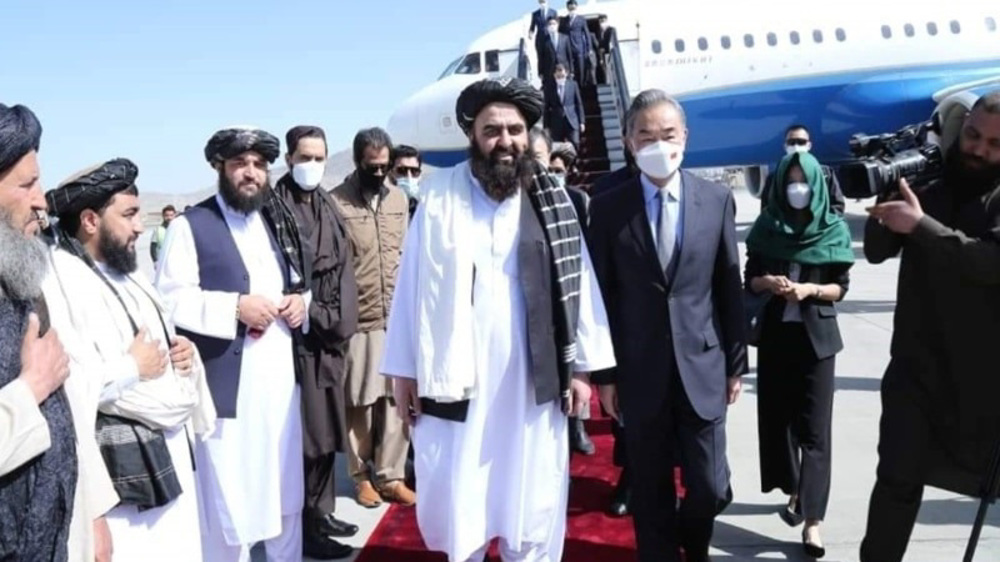
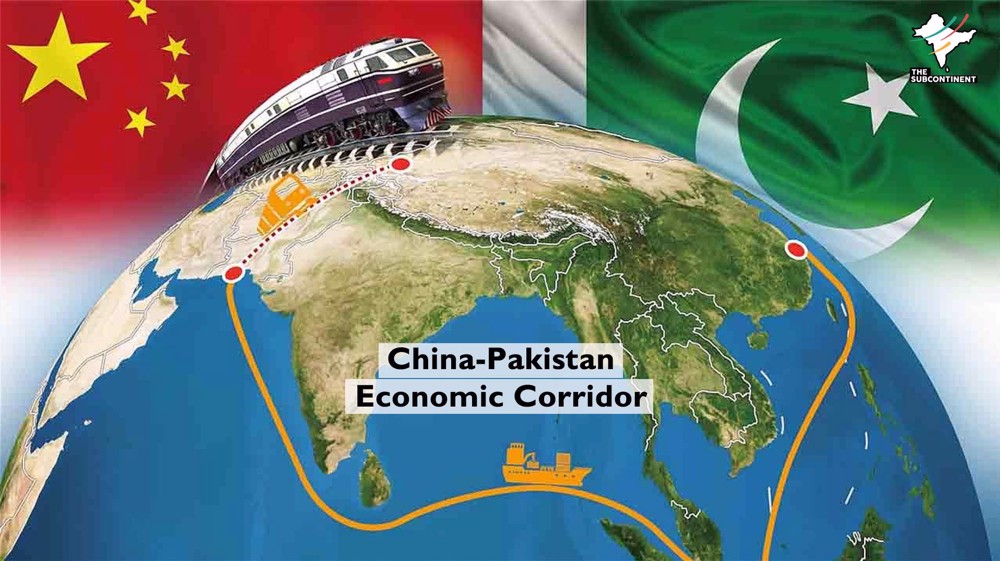
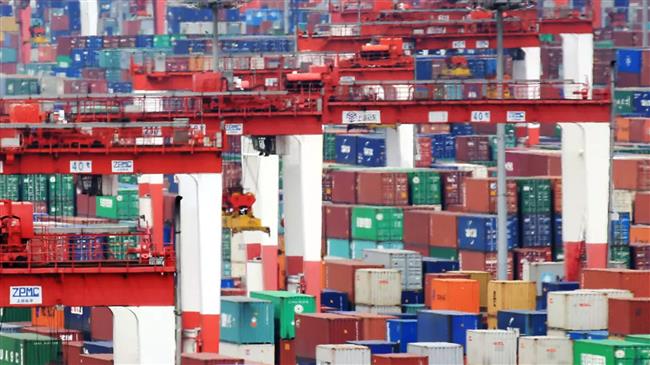
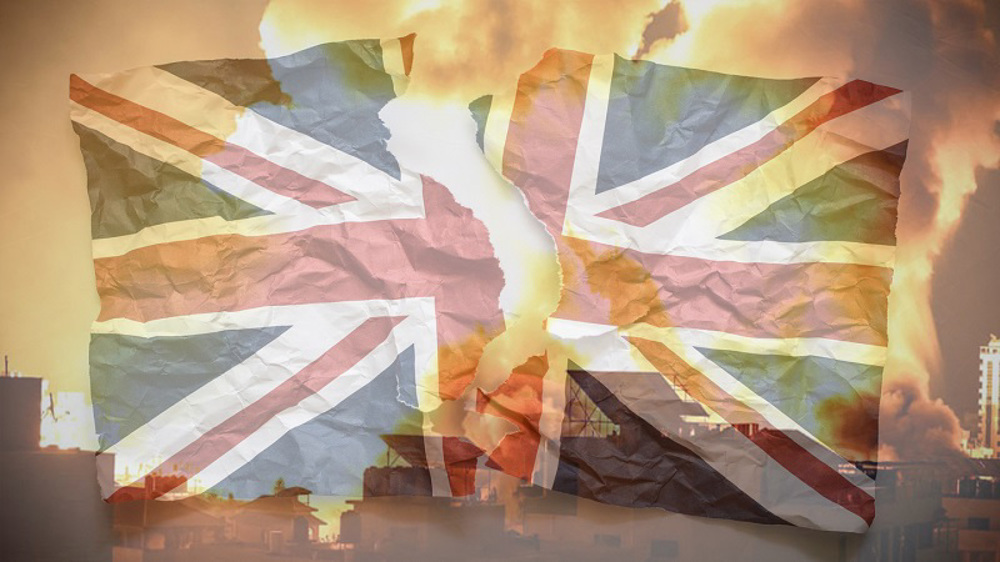
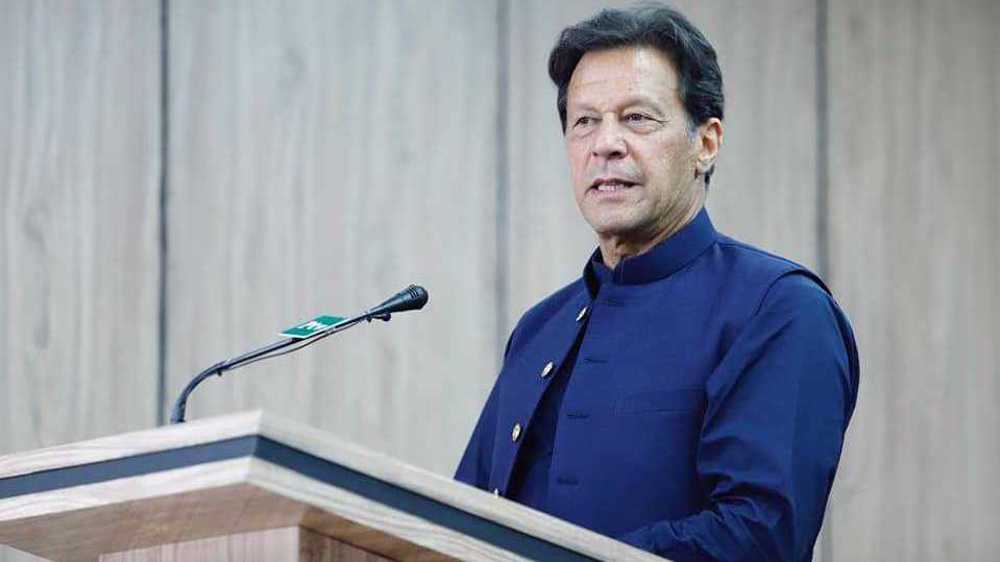
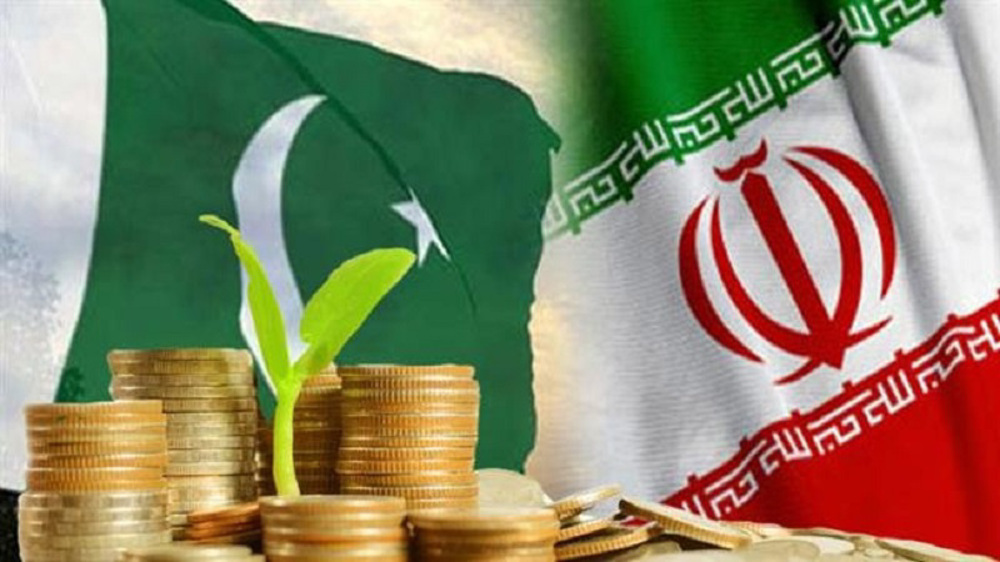
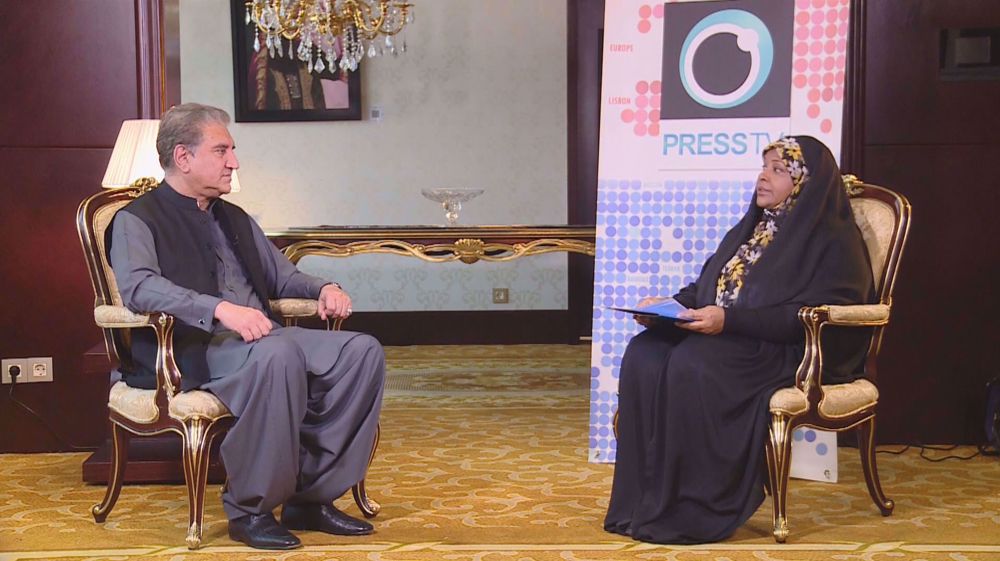
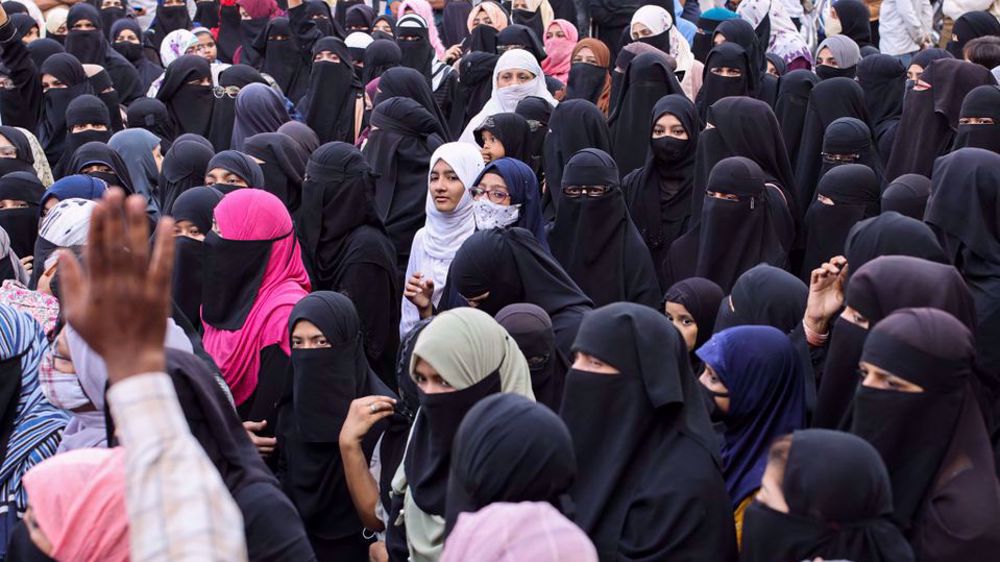
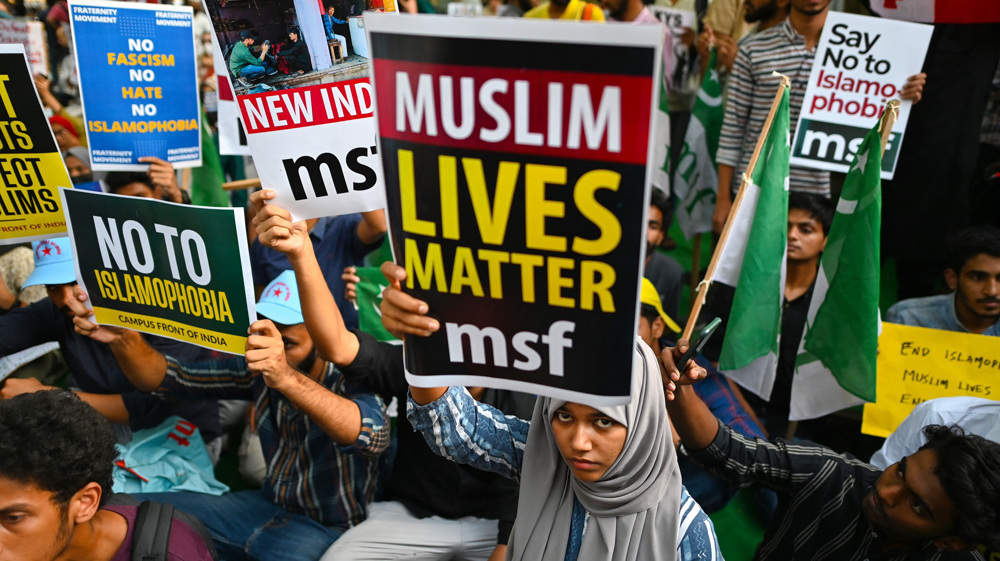
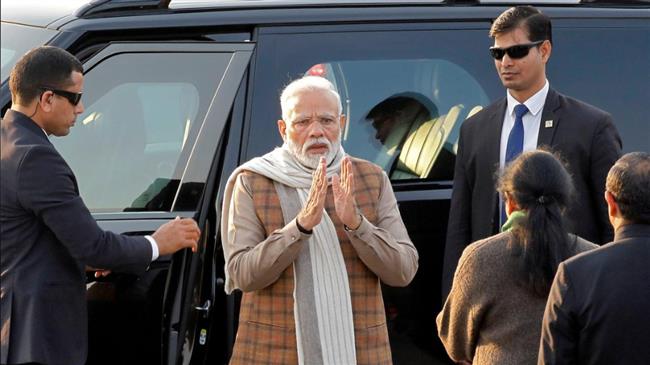
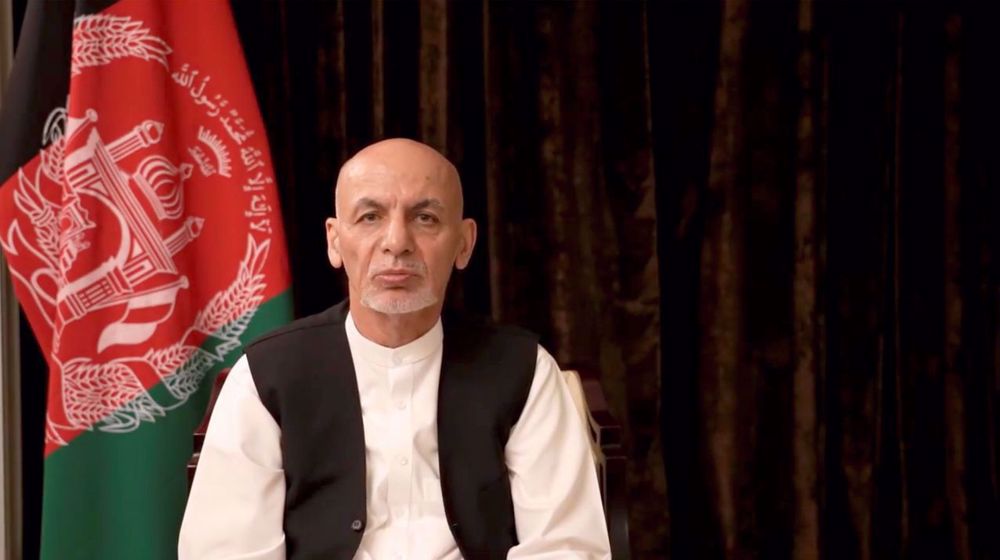
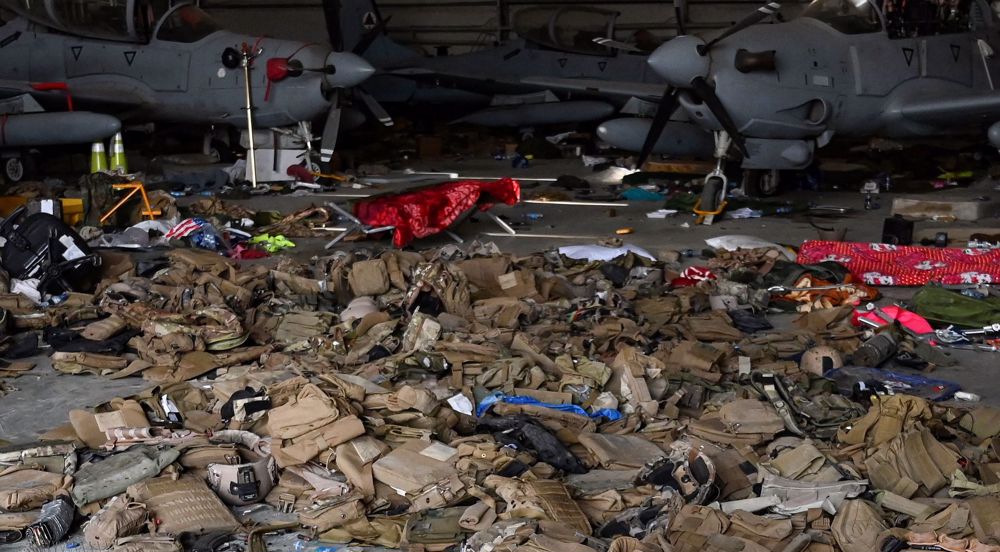
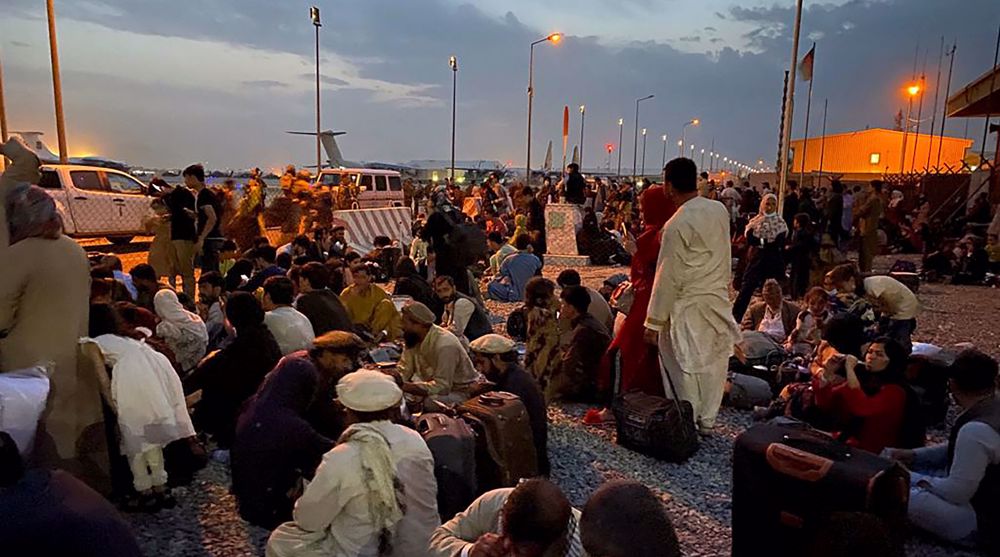

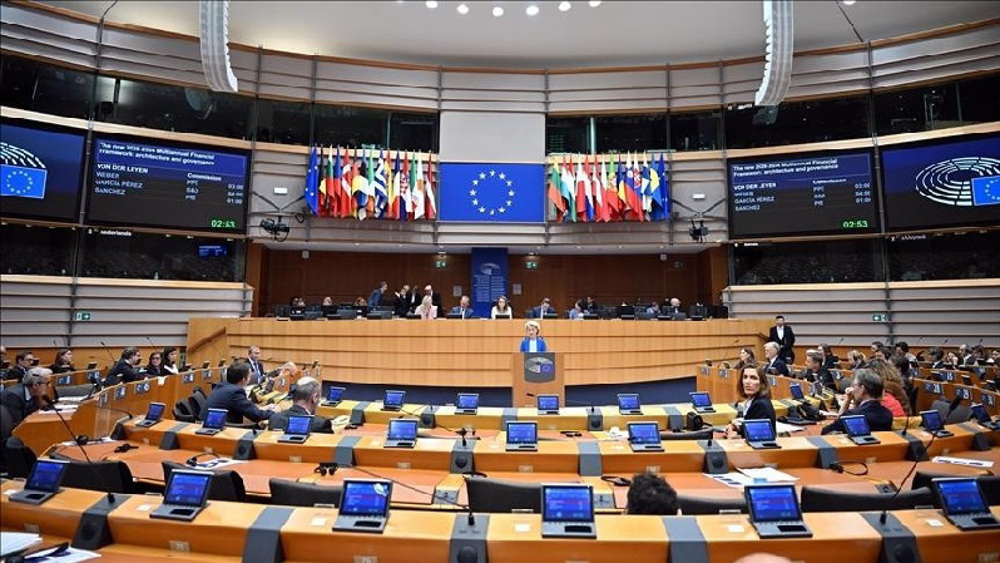




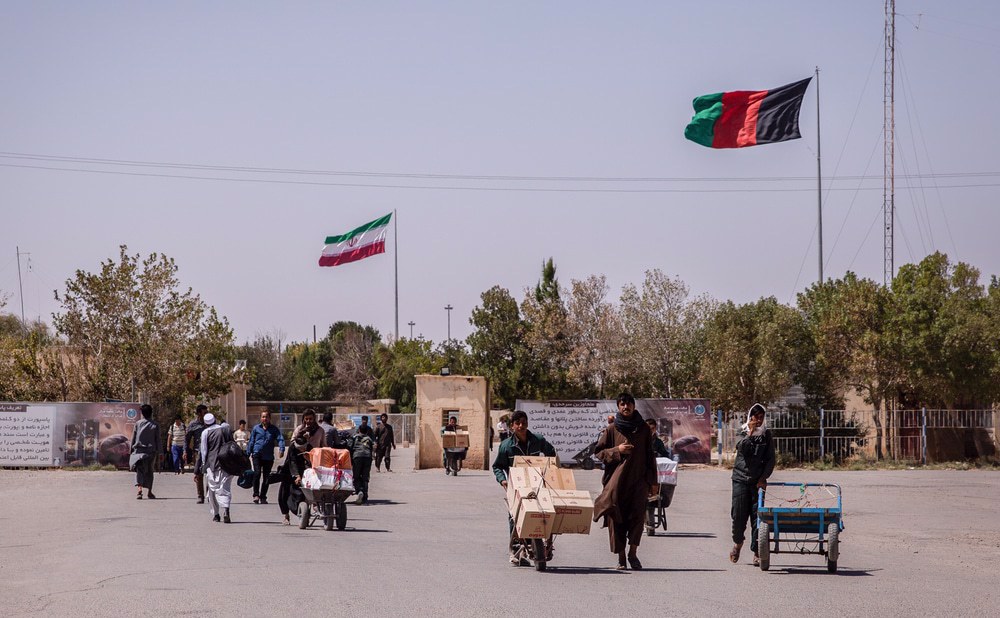
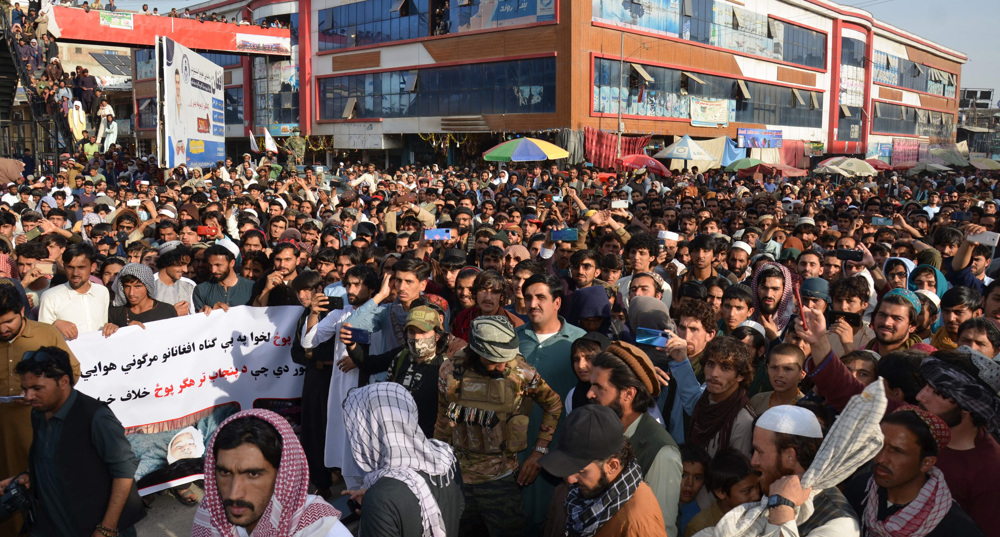
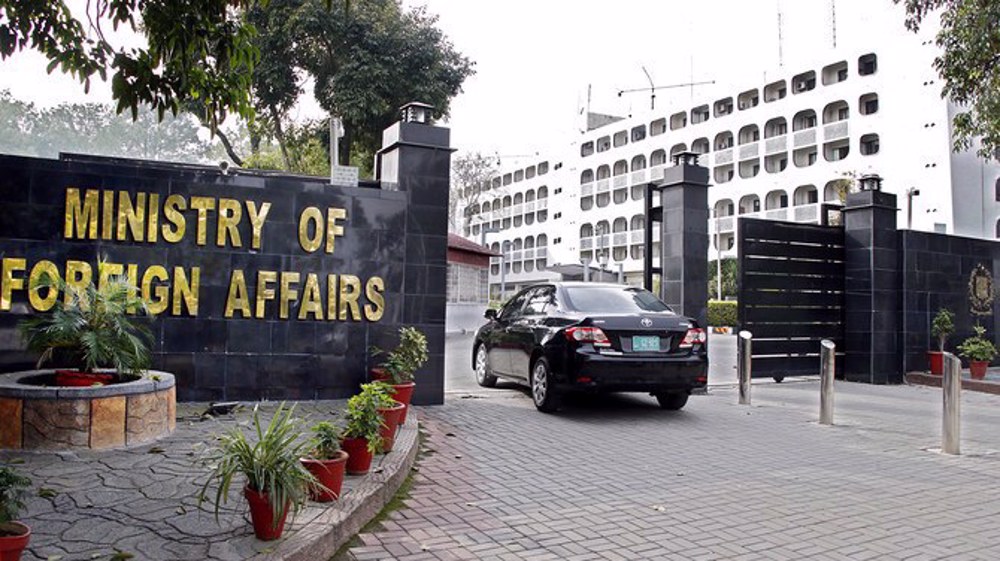
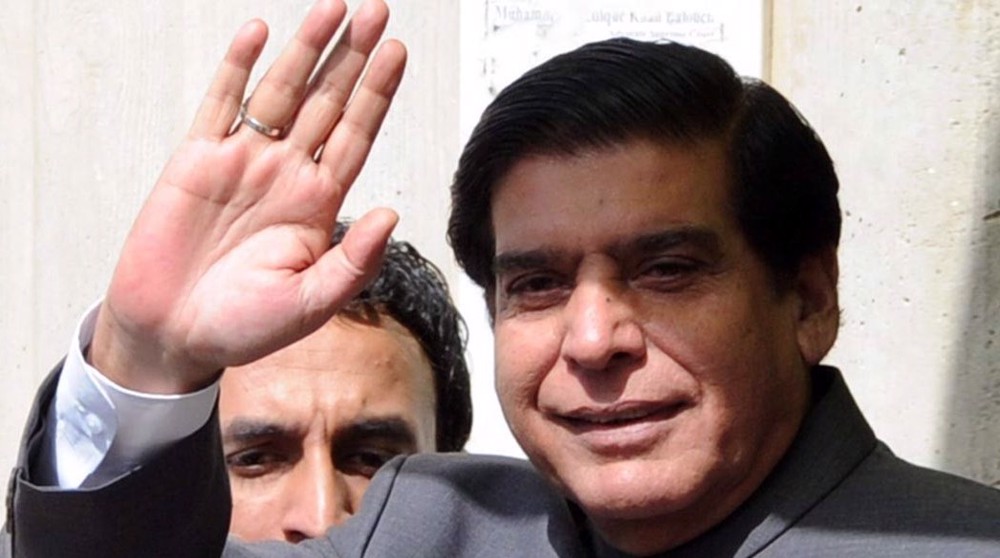
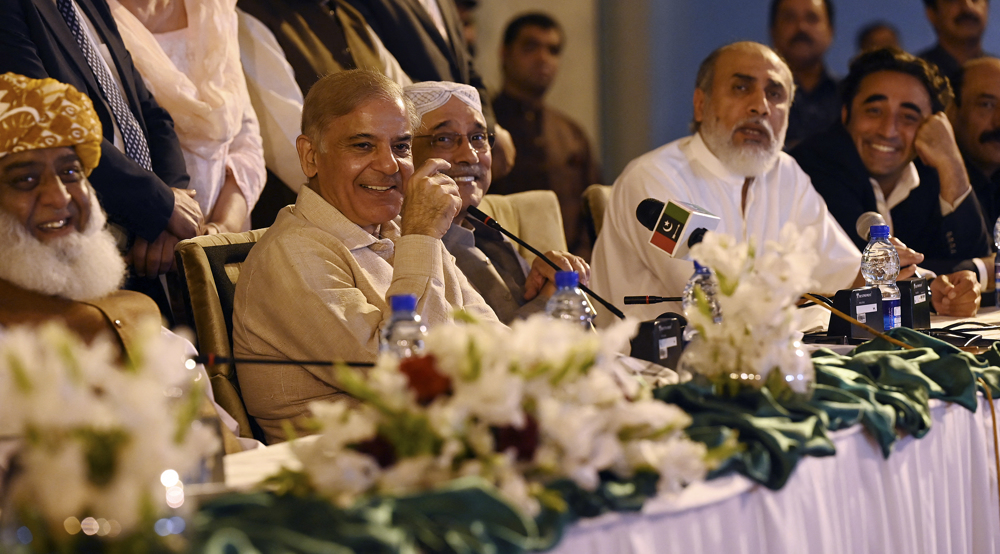
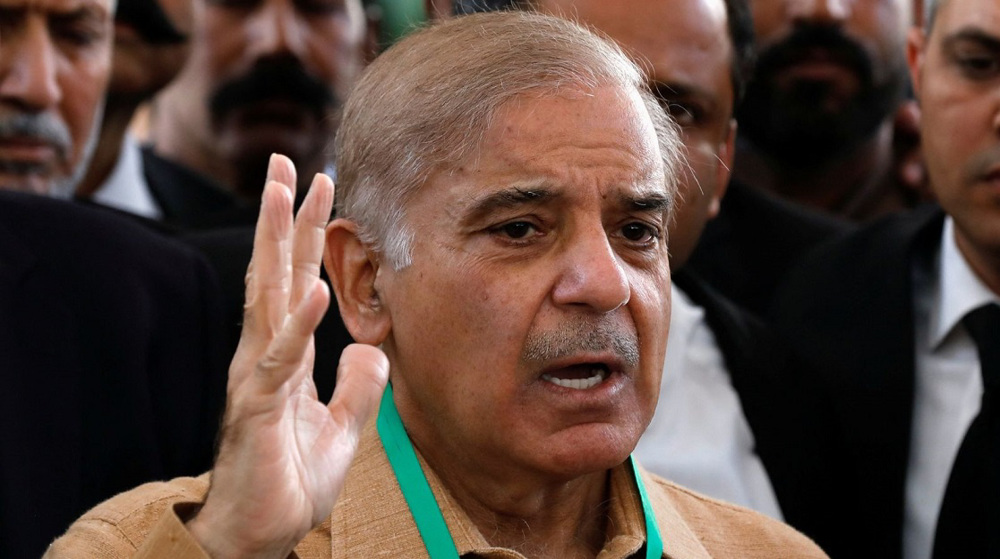
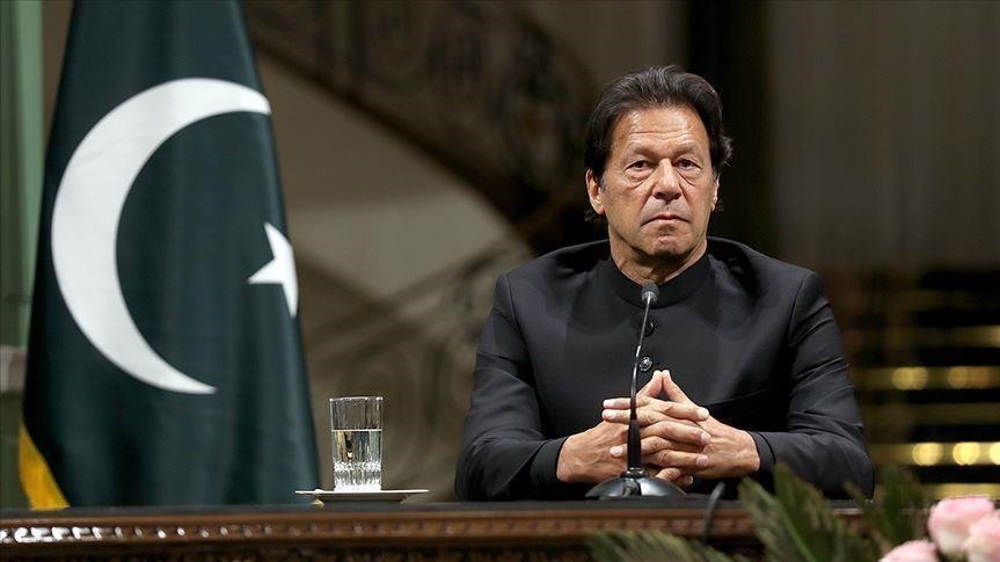
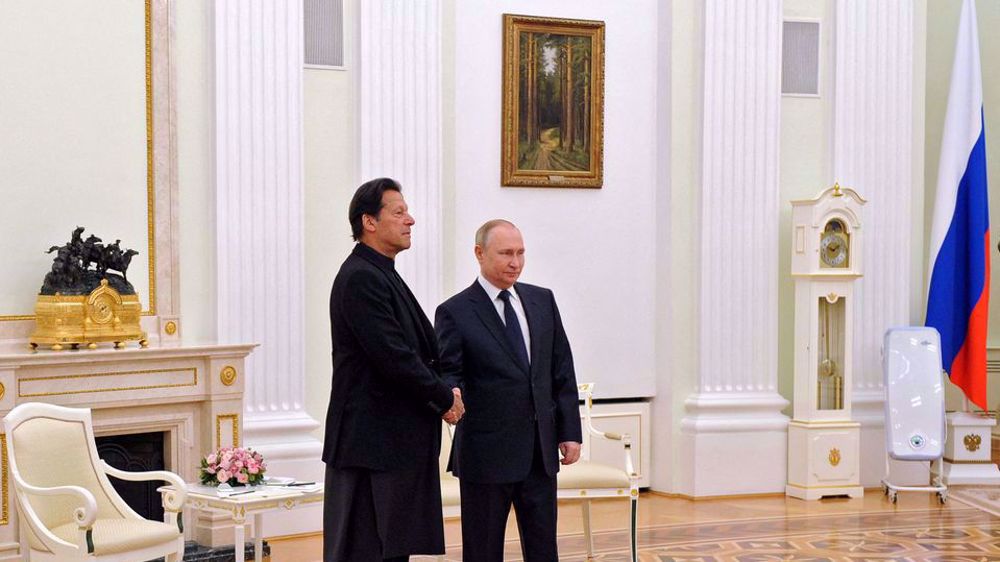
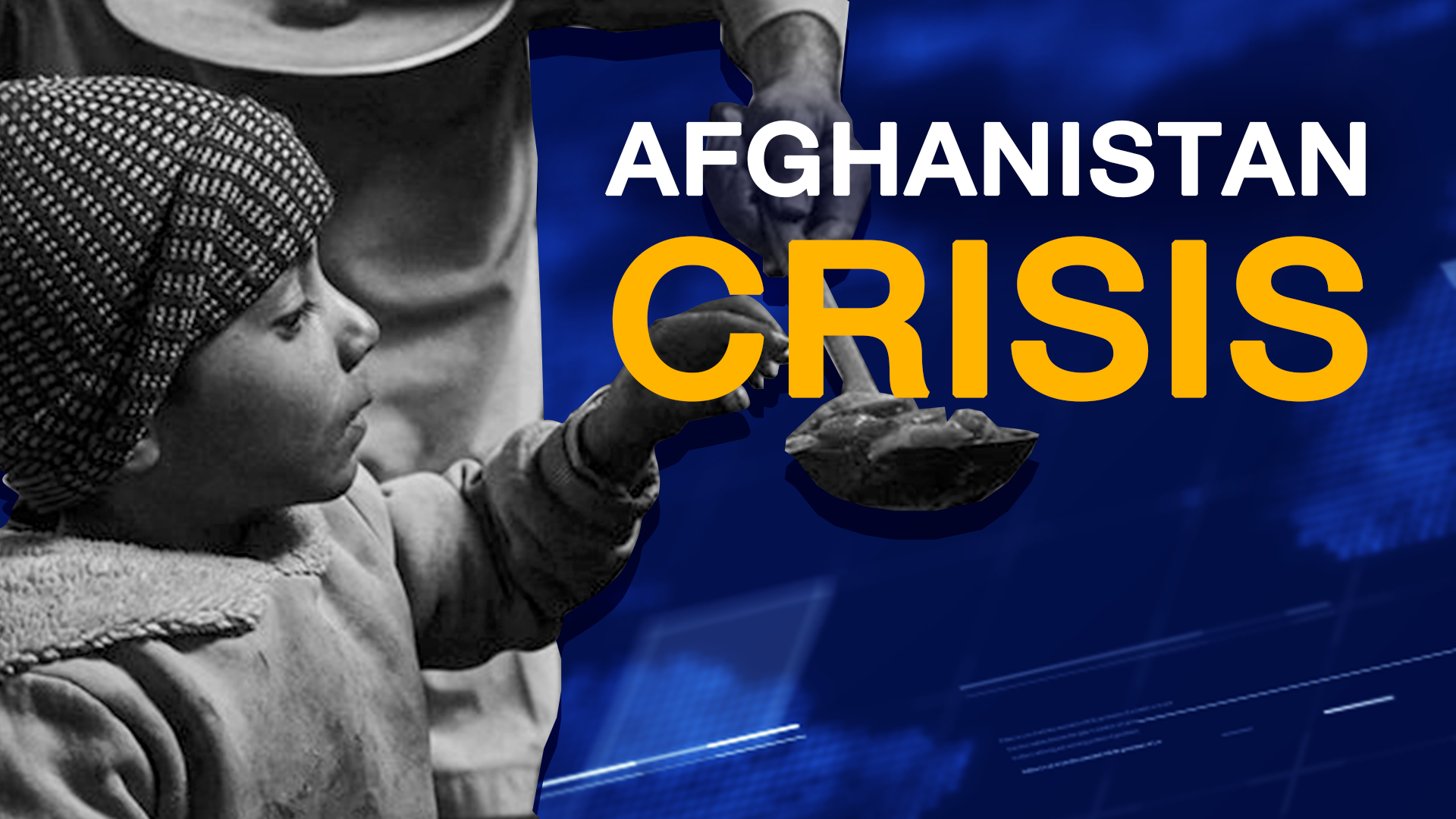
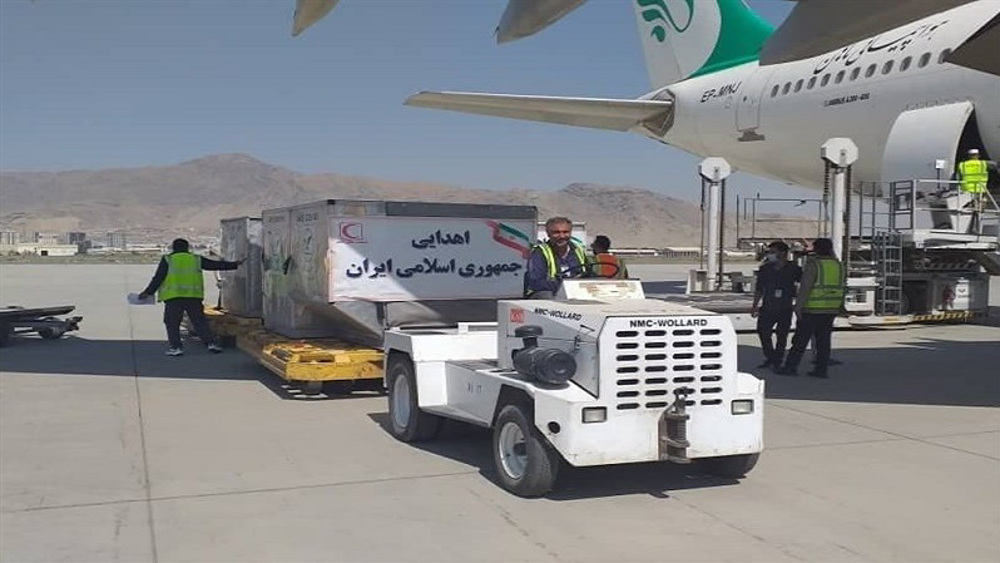

 This makes it easy to access the Press TV website
This makes it easy to access the Press TV website